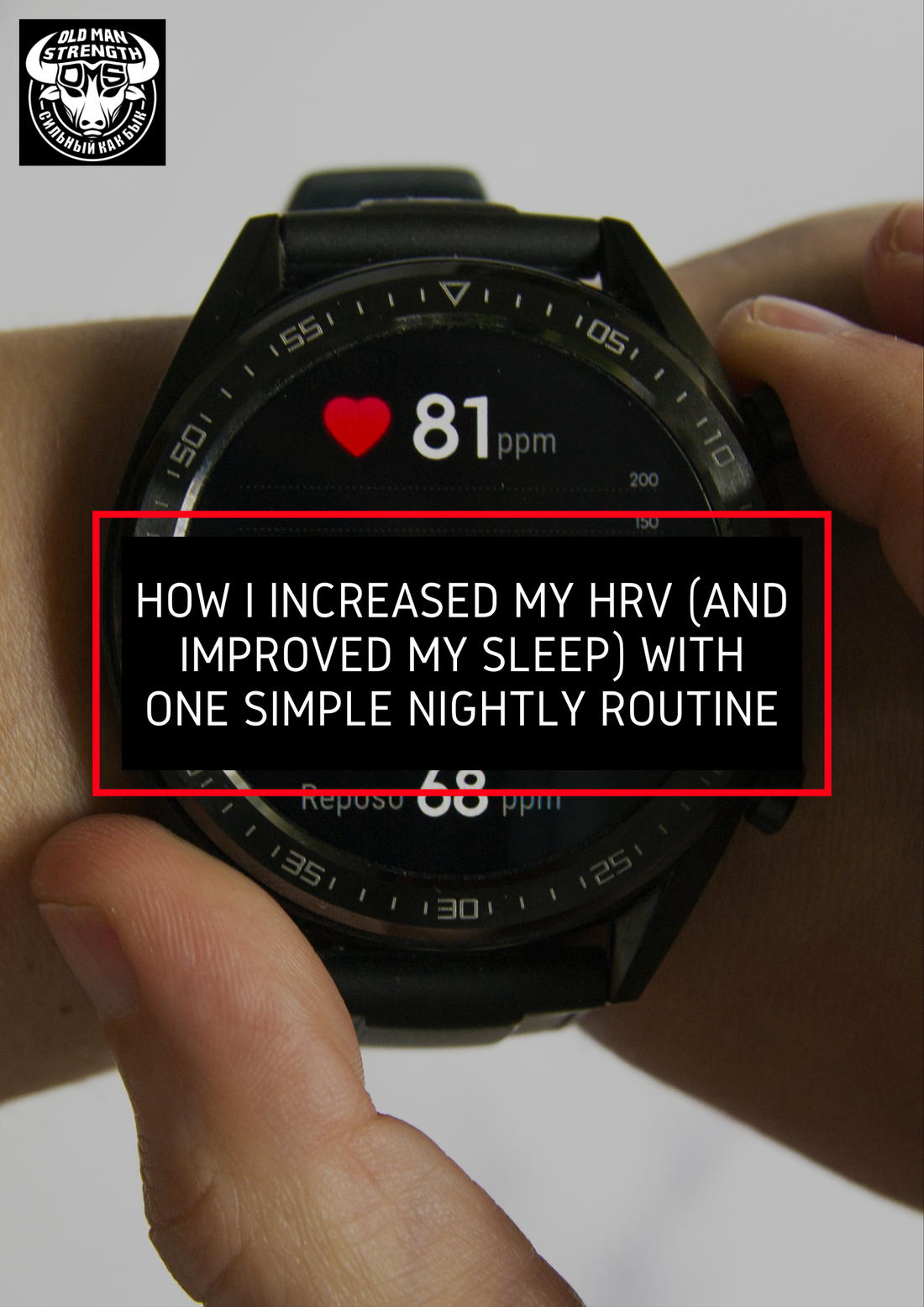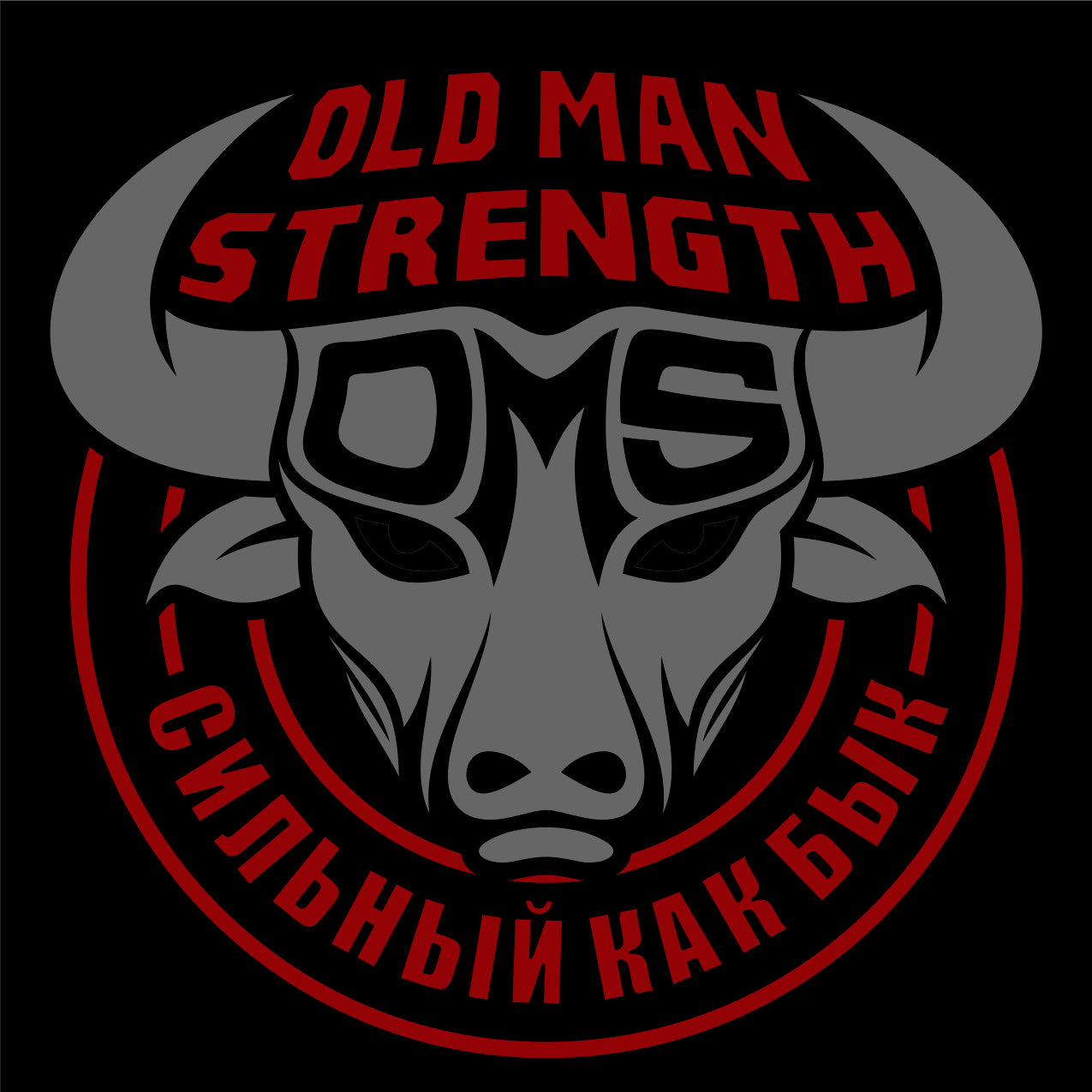
How I Increased My HRV (and Improved My Sleep) With One Simple Nightly Routine
I didn’t buy a WHOOP band or get a coach. I bought a Garmin. Instinct 2X Solar to be precise.
And like most people who love data, I dove straight into the numbers: resting heart rate, sleep scores, recovery times, and one metric I hadn’t paid much attention to before — HRV, or heart rate variability.
At first glance, it didn’t look great. I was sitting in the unbalanced zone, my 7-day HRV average hovering around 36–37 milliseconds, which was on the lower end for someone my age and training volume. I wasn’t overtrained. I wasn’t injured. But I wasn’t firing on all cylinders either — mentally or physically.
So I started reading. And one thing became clear: HRV is one of the best snapshots of how well your body is adapting to stress. Athletes with higher HRV recover faster, handle training load better, and even sleep deeper. In fact, a 2021 meta-analysis found that a consistent increase in HRV of even 10–20% can dramatically reduce the risk of overtraining and improve mental clarity.
That was enough for me. I built a routine. Nothing extreme. Just one hour every night before bed — and it changed everything.
My 60-Minute Night Routine That Changed the Game
This wasn’t a total overhaul of my life. I didn’t buy supplements from some guru or get into ice baths. I just picked a few things that research backed — and stacked them together into a consistent nightly rhythm.
1. Coherence Breathwork (15 minutes)
Every night I start with slow, controlled breathing — four seconds in, four out… then five, then six. This is called coherence breathing, and it’s designed to sync your heart rate and breath into a smooth rhythm.
Studies show that breathing at this pace (around six breaths per minute) activates the parasympathetic nervous system, reduces cortisol, and can increase HRV by up to 50% in just a few weeks. For me, it’s not just a stat booster — it’s the fastest way I’ve found to quiet my mind and signal to my body: “It’s time to recover.”
2. Legs Up the Wall (Viparita Karani)
I do this while breathing. It’s simple: lie on your back and rest your legs up against a wall. Sounds too easy to be useful, right? But this pose has been used in yoga for centuries, and recent research backs it up — it improves circulation, reduces heart rate by 5–10 bpm, and promotes relaxation.
And I feel it. Within minutes, my whole body starts to unwind.
3. The Right Supplements
I added a small stack of sleep and recovery support:
-
Magnesium glycinate — supports muscle and nervous system relaxation
-
Glycine — helps with body temperature regulation and deeper sleep
-
Ashwagandha (KSM-66 extract) — an adaptogen shown to lower cortisol by 22% and support nervous system health
This trio isn’t magic — but it creates the conditions my body needs to rest deeply and bounce back faster.
The Results (Yes, I Tracked Everything)
From April 2 to April 29, my Garmin HRV data showed a clear upward trend.
I went from unbalanced (orange bars) to stable and balanced (green dots), hitting a 7-day HRV average of 44 ms. Even my overnight averages climbed from the mid-30s to as high as 49 ms — a solid 20–25% improvement.
It didn’t just feel better. It was measurable.
| Metric | Early April | Late April |
|---|---|---|
| HRV 7-Day Average | 36–37 ms | 44 ms |
| Overnight HRV Average | 32–35 ms | 44–49 ms |
And along with the HRV boost came:
-
Better sleep quality (Garmin scores jumped by 10–15 points)
-
Faster recovery from workouts
-
Waking up with more energy and fewer brain fog mornings
What You Can Take Away
There’s a ton of noise in the health space right now — biohacking, expensive gadgets, extreme routines. But here’s the truth:
If you want to increase your HRV, sleep better, and recover faster, the science says you need consistency more than complexity.
Here’s what I’d recommend:
-
Start with 15 minutes of slow breathing before bed. It’s simple, free, and proven to work.
-
Stack in restorative movement like legs up the wall. No flexibility required.
-
Consider adding supplements if your diet needs support — magnesium, glycine, and ashwagandha are well-researched and safe.
-
Most importantly: build a routine that signals to your body that it’s time to rest. Same time. Every night.
I’m not a guru. I’m not trying to sell you a supplement. I’m just a guy with a Garmin who wanted to feel better, train harder, and recover smarter.
And based on the data, I’m on the right track.
So if you’re feeling wired at night, waking up sluggish, or just not bouncing back from workouts like you used to — try building your own wind-down routine.
Your HRV (and your body) will thank you.
Stay strong.


